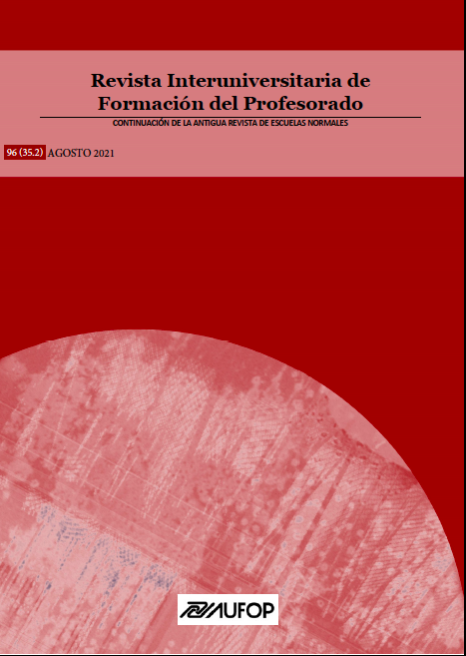Digital practices of Honduran university students: case study
DOI:
https://doi.org/10.47553/rifop.v97i35.2.88189Abstract
This work presents the results of a case study carried out at the Francisco Morazán National Pedagogical University (UPNFM) in Honduras. The main purpose of this study was to identify and characterize the digital practices of students outside and within the school context. We worked from the theoretical and methodological perspective of New Media Studies and Internet Studies, both derivative currents of Media Studies. The research was designed following the methodological principles of virtual ethnography. The different techniques and instruments for data collection in the two phases of the research project are described: a) application of a questionnaire and b) in-depth interviews, as well as e-observation. The retrieval of data was mainly focused through c) a blog (digital diary) as a medium to generate reflections by the participants. The results cover different aspects of their digital practices: most frequently used social media; preferred resources and applications for learning activities, reading habits, as well as areas in which they express themselves. It is considered of great importance to delve into these topics, since no similar research has been carried out in Honduras and there are few studies of this type located in Central America.
Downloads
Published
How to Cite
Issue
Section
License
The "Revista Interuniversitaria de Formación del Profesorado (RIFOP)", with ISSN print 0213-8646 and ISSN electronic 2530-3791), adheres to the copyright notices proposed by Creative Commons
Authors’ rights
Papers published in the journal are subject to the following terms:
1. The Asociación Universitaria de Formación del Profesorado (AUFOP) is the editor of the RIFOP and holds the copyright of the papers published therein. The reuse of these is allowed under the license for use as indicated under point 2.
© Asociación Universitaria de Formación del Profesorado (AUFOP)
2. The papers are published in electronic version under the license CreativeCommons Reconocimiento-NoComercial-SinObraDerivada 3.0 España (texto legal). Papers can be copied, used, disseminated, transmitted and publicly exhibited provided that: i) the authorship and original publication source are cited (journal, editors and URL of the paper); ii) they are nit used for commercial gain; iii) the existence and specifications of the license for use are mentioned.
3. Auto-archiving conditions. Authors are allowed and encouraged to disseminate electronic pre-print versions (versions prior to peer review) and/or post-print (versions reviwed and accepted for publication) of their papers prior to their publication, since this favors prompt circulation and dissemination and supposes a possible increase in cites and scope within the academic community.
Privacy declaration
The names and email addresses incorporated into this journal will be used solely for the declared purposes of the journal and will not be available for any other purposes or to third parties.






